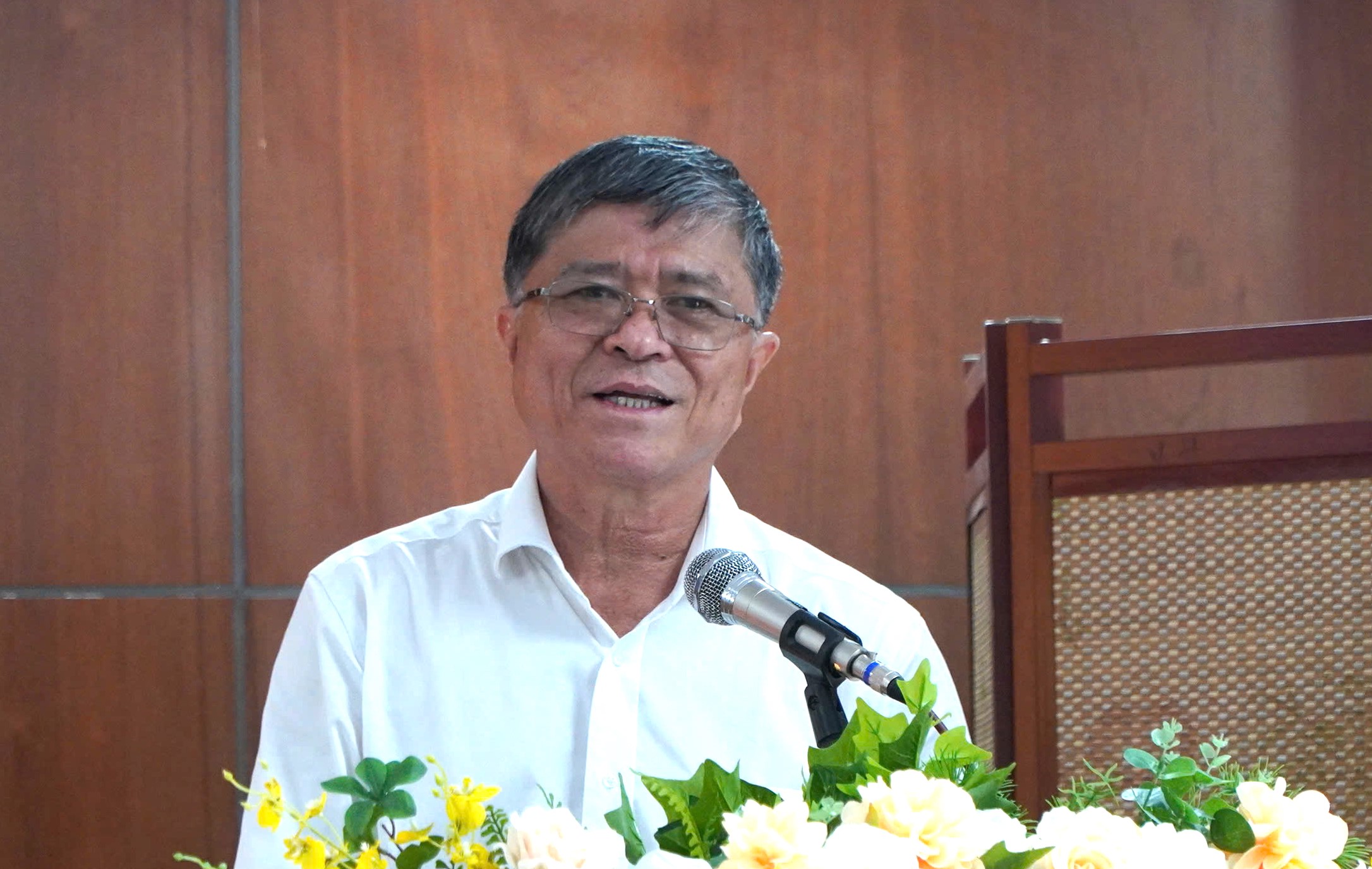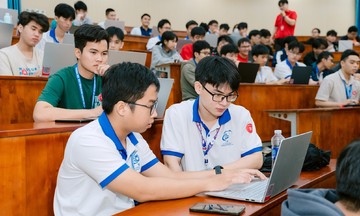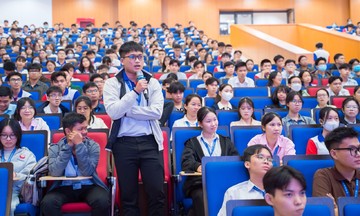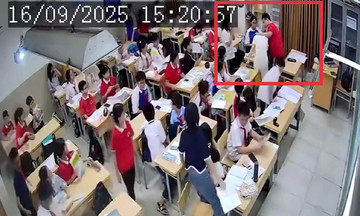This initiative was discussed at a Department of Education and Training seminar on 18/9, focusing on fostering healthy school environments and limiting student phone and electronic device use during recess.
Instead of phone use, schools are required to offer at least three activities, such as sports, arts, traditional games, reading, or life skills clubs, during recess. Students must participate in at least one activity.
To encourage student participation, the Department suggests that schools integrate awareness campaigns and discussions about the pros and cons of phone use into class meetings, competitions, and forums. Department Director Nguyen Van Hieu hopes this approach will create a more open and collaborative learning environment, where students feel comfortable interacting with peers and teachers.
"Recess should be a time for students to unwind, de-stress, and recharge for subsequent classes," he suggested.
Schools will also have students and their families sign agreements to limit phone use and send weekly monitoring updates to parents via text message. Students who violate the agreement will receive warnings, reprimands, or face disciplinary action according to school regulations for repeated offenses.
The Department plans to pilot this program in 16 schools starting in October (the list will be announced later) before citywide implementation in 2026. Ho Chi Minh City currently has approximately 2.5 million students in over 3,500 schools.
 |
Department Director Nguyen Van Hieu speaks at the seminar on the morning of 18/9. Photo: Le Nguyen. *Italicized* |
Director Hieu acknowledges that cell phone use is widespread among students in modern life. Many issues, like cyberbullying and online abduction, arise from students' lack of skills in using phones and social media.
Many schools in Ho Chi Minh City have already banned phone use on campus. Director Hieu believes this approach is rigid, despite stemming from a desire to create a healthy school environment.
"It's not about banning, but limiting and educating students on responsible phone use that doesn't interfere with their studies. If students need to contact their parents, the school must ensure they can," Hieu said.
According to current Ministry of Education and Training regulations, students can use phones during class for learning purposes with the teacher's permission. They are not prohibited from using phones during recess or breaks.
Recently, many localities have been reviewing this policy. In August, the Hanoi Department of Education and Training required schools to collect students' phones before the first class and return them only after the school day ends. Students are allowed to bring phones to classes where teachers permit their use, but the Department encourages limiting this practice. Instead, teachers should design lessons that don't require phone use.
Le Nguyen












